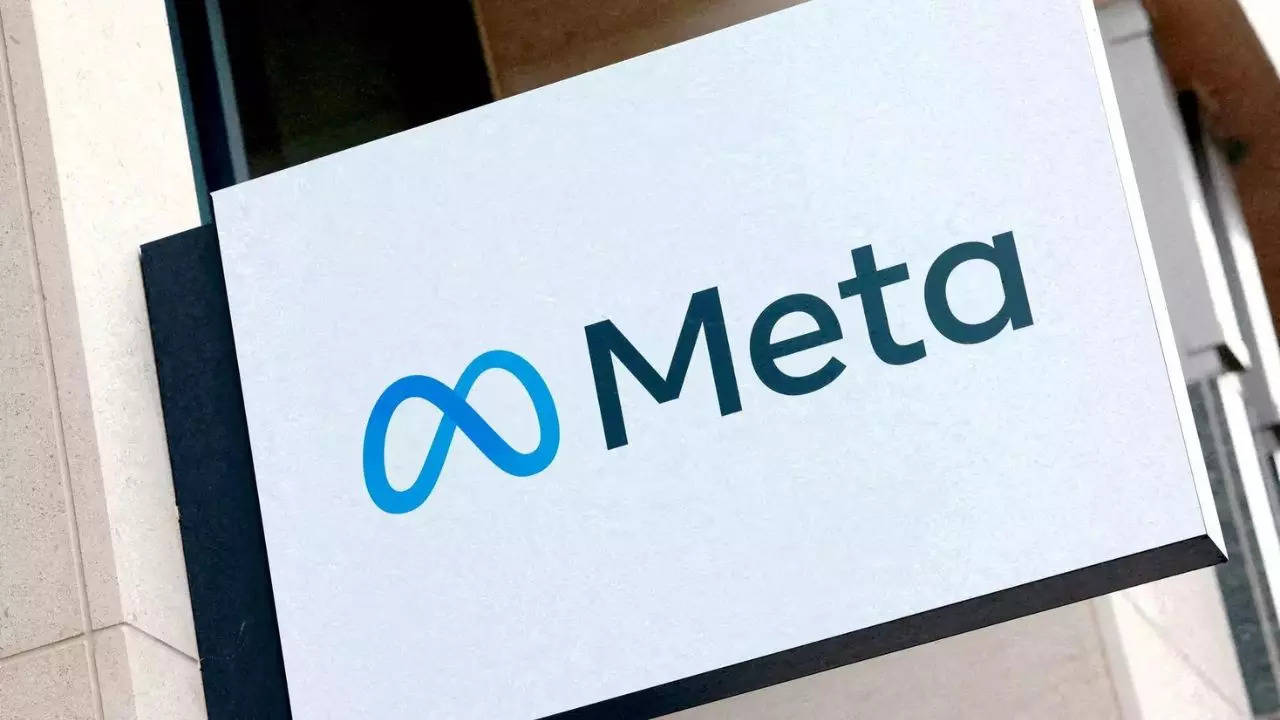Meta has received more than 1.1 million reports of users younger than 13 on its Instagram platform since early 2019, yet it “disabled only a fraction” of those accounts, according to a newly unsealed legal complaint against the company brought by the attorneys general of 33 states.
Instead, the social media giant “routinely continued to collect” children’s personal information, including their locations and email addresses, without parental permission, in violation of a federal children’s privacy law, according to the court filing.Meta could face hundreds of millions of dollars, or more, in civil penalties should the states prove the allegations. “Within the company, Meta’s actual knowledge that millions of Instagram users are under the age of 13 is an open secret that is routinely documented, rigorously analysed and confirmed,” the complaint said, “and zealously protected from disclosure to the public.”
The privacy charges are part of a larger federal lawsuit, filed last month by California, Colorado and 31 other states. The lawsuit accuses Meta of unfairly ensnaring young people on its Instagram and Facebook platforms while concealing internal studies showing user harms. And it seeks to force Meta to stop using certain features that the states say have harmed young users. But much of the evidence cited by the states was blacked out by redactions in the initial filing.
Now the unsealed complai nt, filed Wednesday, provides new details from the states’ lawsuit. Using snippets from internal emails, employee chats and company presentations, the complaint contends that Instagram for years “coveted and pursued” underage users even as the company “failed” to comply with the children’s privacy law. The unsealed filing said that Meta “continually failed” to make effective age-checking systems a priority and instead used approaches that enabled users under 13 to lie about their age. It also accused Meta executives of publicly stating in congressional testimony that the company’s age-checking process was effective and that the firm removed underage accounts — even as the executives knew there were millions of underage users on Instagram.
Meta said it had spent a decade working to make online experiences safe and age-appropriate for teens and that the complaint “mischaracterises our work using selective quotes and cherry-picked documents.”
Instead, the social media giant “routinely continued to collect” children’s personal information, including their locations and email addresses, without parental permission, in violation of a federal children’s privacy law, according to the court filing.Meta could face hundreds of millions of dollars, or more, in civil penalties should the states prove the allegations. “Within the company, Meta’s actual knowledge that millions of Instagram users are under the age of 13 is an open secret that is routinely documented, rigorously analysed and confirmed,” the complaint said, “and zealously protected from disclosure to the public.”
The privacy charges are part of a larger federal lawsuit, filed last month by California, Colorado and 31 other states. The lawsuit accuses Meta of unfairly ensnaring young people on its Instagram and Facebook platforms while concealing internal studies showing user harms. And it seeks to force Meta to stop using certain features that the states say have harmed young users. But much of the evidence cited by the states was blacked out by redactions in the initial filing.
Now the unsealed complai nt, filed Wednesday, provides new details from the states’ lawsuit. Using snippets from internal emails, employee chats and company presentations, the complaint contends that Instagram for years “coveted and pursued” underage users even as the company “failed” to comply with the children’s privacy law. The unsealed filing said that Meta “continually failed” to make effective age-checking systems a priority and instead used approaches that enabled users under 13 to lie about their age. It also accused Meta executives of publicly stating in congressional testimony that the company’s age-checking process was effective and that the firm removed underage accounts — even as the executives knew there were millions of underage users on Instagram.
Meta said it had spent a decade working to make online experiences safe and age-appropriate for teens and that the complaint “mischaracterises our work using selective quotes and cherry-picked documents.”






